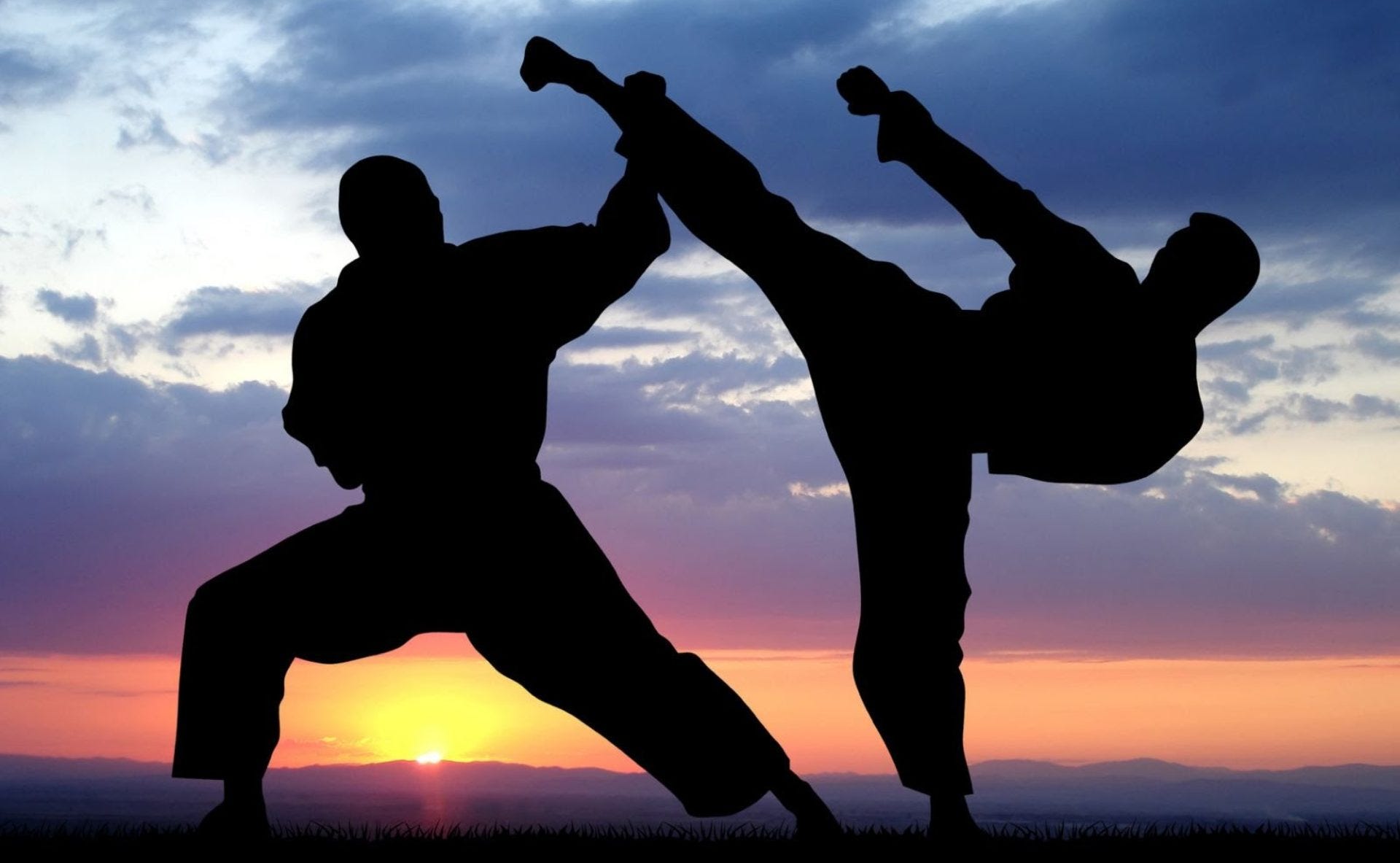How Martial Arts Can Empower People with Disabilities

The world of martial arts is often associated with physical prowess and self-defense techniques. However, the benefits of martial arts extend far beyond the physical realm. Martial arts disciplines like Brazilian Jiu-Jitsu (BJJ) can be incredibly empowering for people with disabilities, offering a unique combination of physical and mental benefits that contribute to a stronger, more confident self.
How Martial Arts Can Empower People with Disabilities
Here are five key ways BJJ can empower individuals with disabilities:
1. Building Confidence and Self-Esteem:
Living with a disability can sometimes present challenges to self-esteem. BJJ training creates a space where individuals can develop skills and overcome limitations. Mastering techniques, achieving personal goals, and experiencing the camaraderie of the BJJ community all contribute to a sense of accomplishment and self-belief.
This newfound confidence spills over into other aspects of life, empowering individuals to approach challenges with a positive mindset and a stronger sense of self-worth.
2. Promoting Physical Fitness and Adaptability:
BJJ focuses on leverage and technique over brute strength. This makes it an excellent training option for individuals with a wide range of physical abilities. BJJ techniques can be adapted to accommodate different limitations, allowing everyone to participate and experience the benefits of movement and exercise.
Regular training improves overall fitness, flexibility, and coordination, regardless of an individual’s physical makeup.
3. Developing Mental Focus and Resilience:
The nature of BJJ training requires focus, discipline, and the ability to persevere through challenges. Rolling sessions, where practitioners spar with one another, test both physical and mental fortitude.
Learning to stay calm under pressure, strategize throughout a match, and push through moments of fatigue are valuable skills that translate into all aspects of life. BJJ can be a powerful tool for building mental resilience and fostering a growth mindset.
4. Fostering a Supportive Community:
The BJJ community is known for its inclusivity and positive atmosphere. Training partners become a source of encouragement and support, celebrating each other’s successes and offering guidance through challenges.
This sense of belonging can be especially beneficial for individuals with disabilities, who may not always experience acceptance and understanding in other environments. The BJJ community provides a safe space for individuals to connect, learn, and grow alongside others who value their dedication and spirit.
5. Giving Back Through Adaptive Training Programs:
The positive impact of BJJ on individuals with disabilities has led to the development of adaptive training programs. These programs offer specialized instruction and modifications that allow people with various limitations to participate in BJJ.
Many BJJ academies also partner with adaptive fish charity or disability advocacy organizations to provide scholarships and support for individuals who might not otherwise have access to training. By participating in adaptive training or supporting these initiatives, individuals can empower others and contribute to a more inclusive martial arts environment.
Final Words
BJJ offers a unique pathway to empowerment for people with disabilities. It’s more than just a self-defense system; it’s a journey of self-discovery, community building, and personal growth.




